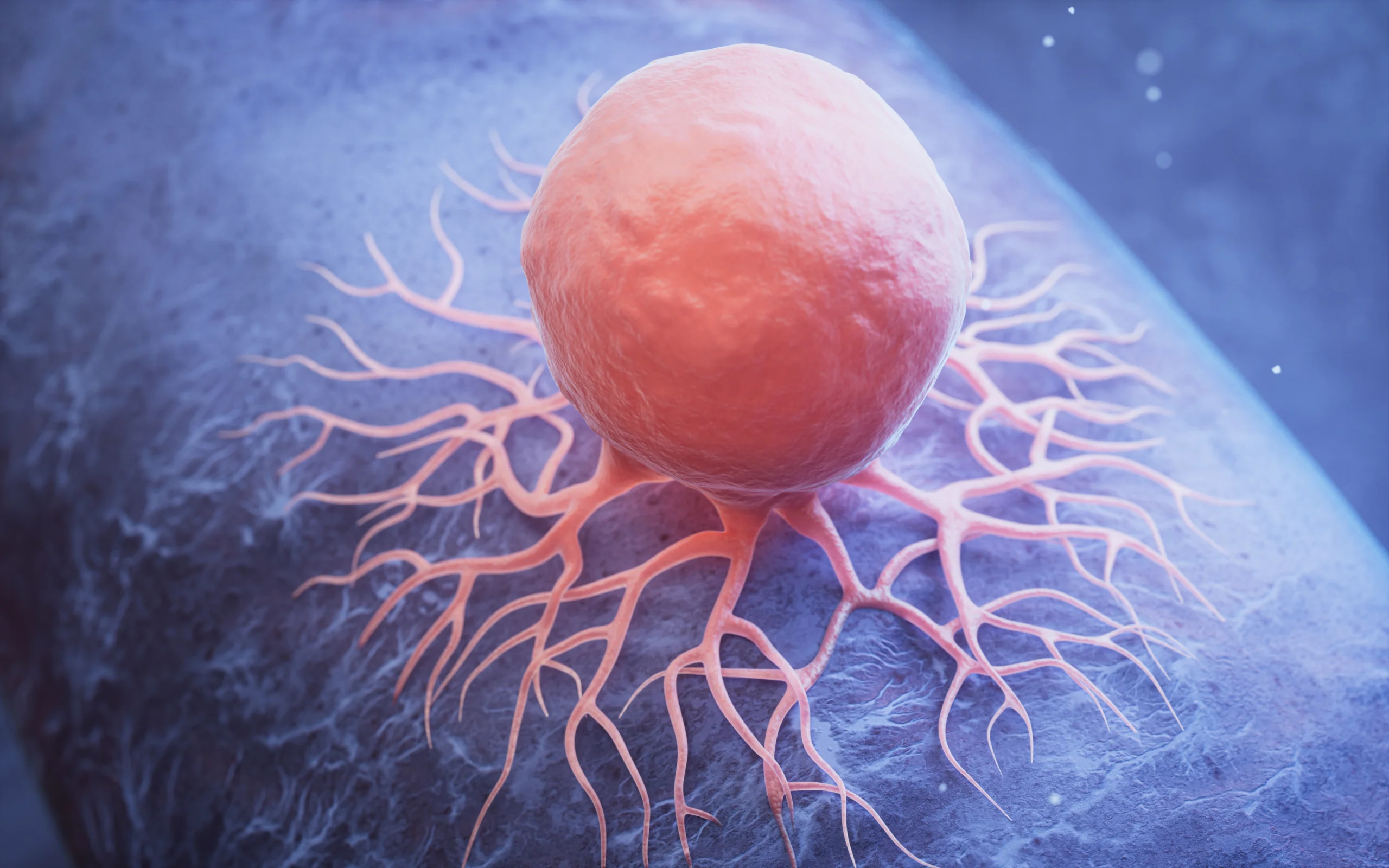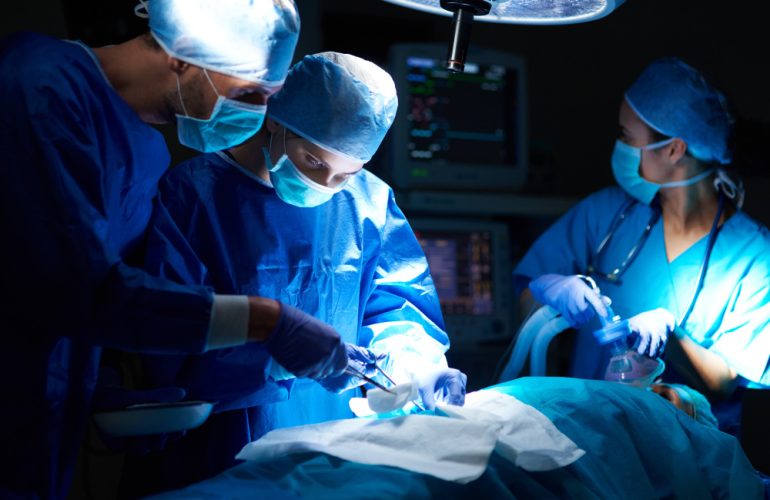Is Cancer Genetic? Understanding the Link Between Genes and Cancer Risk
Cancer is a complex disease influenced by multiple factors, including lifestyle, environment, and genetics. One of the most frequently asked questions by patients and their families is: “Is cancer genetic?” The short answer is yes, but with important nuances. Not all cancers are inherited, but some people are born with genetic mutations that increase their risk of developing certain types of cancer.
In this blog, we’ll explore how cancer and genetics are connected, what it means for your risk, and how genetic testing can help detect and manage that risk early.
Table of Contents
- What Does “Genetic” Mean in Cancer?
- Inherited vs. Acquired Mutations
- Types of Cancers Linked to Genetics
- How Genetic Testing Works
- Who Should Consider Genetic Counseling?
- Can You Prevent Genetic Cancers?
- The Role of Family History
- Living with a Genetic Cancer Risk
- Frequently Asked Questions (FAQs)
- Conclusion
What Does “Genetic” Mean in Cancer?
To understand if cancer is genetic, it’s important to know what the term “genetic” refers to. Genes are segments of DNA that carry instructions for your body’s growth and function. Sometimes, mutations or changes in certain genes can cause cells to grow uncontrollably, leading to cancer.
- Genetic mutations are changes in DNA.
- These mutations can be:
- Inherited (passed from parent to child)
- Acquired (developed over time due to environmental factors)
So, is cancer genetic? In many cases, the disease is caused by a mix of genetic and environmental influences.
Inherited vs. Acquired Mutations
Not all cancers that have a genetic cause are inherited. It’s essential to differentiate between two main types of genetic mutations:
Inherited (Hereditary) Mutations
- Present at birth
- Passed from parents through egg or sperm
- Found in all cells of the body
- Responsible for approximately 5% to 10% of all cancers
Acquired (Somatic) Mutations
- Occur during a person’s lifetime
- Not passed to children
- Caused by factors like:
- Smoking
- UV exposure
- Radiation
- Certain viruses
- Unhealthy lifestyle
| Mutation Type | Inherited | Acquired |
| Passed to offspring | Yes | No |
| Found in all body cells | Yes | No |
| Main cause of most cancers | No | Yes |
So, is cancer genetic? It can be—especially if it’s due to inherited mutations—but most cancers are caused by acquired mutations.
Types of Cancers Linked to Genetics
Certain cancers are more likely to have a genetic basis. These include:
1. Breast Cancer
- Often linked to mutations in BRCA1 and BRCA2 genes.
- Increases risk for breast, ovarian, and prostate cancers.
2. Colorectal Cancer
- Linked to Lynch syndrome and familial adenomatous polyposis (FAP).
3. Ovarian Cancer
- May be hereditary if there’s a family history or presence of BRCA mutations.
4. Prostate Cancer
- Can run in families; BRCA mutations also increase risk.
5. Pancreatic Cancer
- Genetic mutations like PALB2 and BRCA may play a role.
If you have a family history of these cancers, it’s a sign that the answer to “Is cancer genetic?” may be yes in your case.
How Genetic Testing Works
Genetic testing helps identify whether you carry mutations linked to certain hereditary cancers.
How It’s Done:
- A simple blood or saliva test
- Analyzed in a specialized lab
- Results typically take 2–3 weeks
What It Can Reveal:
- Whether you carry a mutation like BRCA1, BRCA2, or MLH1
- Your inherited cancer risk
- Guidance for preventive steps or treatment options
Knowing your genetic risk doesn’t mean you will get cancer, but it can help you take proactive measures.
Who Should Consider Genetic Counseling?
Not everyone needs genetic testing. But you may benefit from genetic counseling if you have:
- A strong family history of cancer
- Multiple relatives with the same or related cancers
- Family members who developed cancer at a young age
- A known genetic mutation in the family
- A personal history of multiple cancers
A certified genetic counselor or oncologist can guide you on whether testing is appropriate.
Can You Prevent Genetic Cancers?
While you can’t change your genes, you can manage your risk. If the answer to “Is cancer genetic?” is yes for you, here’s what you can do:
Risk-Reducing Strategies:
- Increased surveillance (e.g., annual MRIs, mammograms)
- Preventive surgeries (e.g., mastectomy, oophorectomy)
- Chemoprevention (medications to reduce risk)
- Lifestyle changes
- Avoid smoking
- Maintain a healthy weight
- Exercise regularly
- Eat a balanced diet
- Limit alcohol
Emotional Support
- Counseling and support groups can help individuals cope with the emotional weight of a genetic diagnosis.
The Role of Family History
Your family history is one of the most important tools in determining whether cancer is genetic in your case.
Tips for Assessing Family History:
- Collect information from both sides of the family
- Note the type of cancer and age of diagnosis
- Share this with your doctor or genetic counselor
| Family Member | Cancer Type | Age at Diagnosis |
| Mother | Breast | 45 |
| Maternal Aunt | Ovarian | 50 |
| Brother | Prostate | 52 |
This information can help determine whether further genetic evaluation is warranted.
Living with a Genetic Cancer Risk
Learning that you carry a cancer-related gene can be emotionally overwhelming. But knowledge is power.
Steps to Take:
- Stay informed – Learn about your specific mutation.
- Regular screenings – Early detection saves lives.
- Discuss family planning – Some choose IVF with genetic screening.
- Create a care plan – In collaboration with your doctor.
At Aayush Hospital, we offer genetic counseling and comprehensive oncology services tailored to your unique needs.
Frequently Asked Questions (FAQs)
1. Is cancer genetic or environmental?
Both. Most cancers result from a combination of genetic and environmental factors. Around 5–10% are hereditary.
2. If my parent has cancer, will I get it too?
Not necessarily. While you may inherit a genetic predisposition, it does not guarantee you will develop cancer. Lifestyle and environment also matter.
3. How do I know if I need genetic testing?
If you have a family history of certain cancers, multiple relatives affected, or cancer at a young age, you may benefit from testing.
4. What happens if I test positive for a cancer gene?
Testing positive means you carry a mutation associated with higher risk. It doesn’t mean you have cancer, but you can work with your doctor to monitor or reduce your risk.
5. Can children inherit cancer genes?
Yes, if a parent carries a hereditary cancer mutation, there is a 50% chance of passing it to each child.
6. Can genetic cancers be cured?
Genetic cancers can often be treated effectively if detected early. Having a genetic mutation helps guide more personalized treatment strategies.
7. Are genetic tests covered by insurance?
In many cases, yes—especially if there is a medical indication or family history. Check with your provider.
Conclusion
So, is cancer genetic? The answer lies in understanding the interplay of inherited and acquired mutations. While not all cancers are inherited, genetics do play a significant role in certain types. Knowing your risk, undergoing genetic testing if needed, and taking preventive measures can dramatically improve outcomes.
At Aayush Hospital, our expert team of oncologists, genetic counselors, and support staff are here to guide you through every step of your cancer journey—starting with knowledge and early detection.
If you have questions or concerns about your cancer risk or family history, we’re here to help. Book an appointment today for personalized guidance and support.


